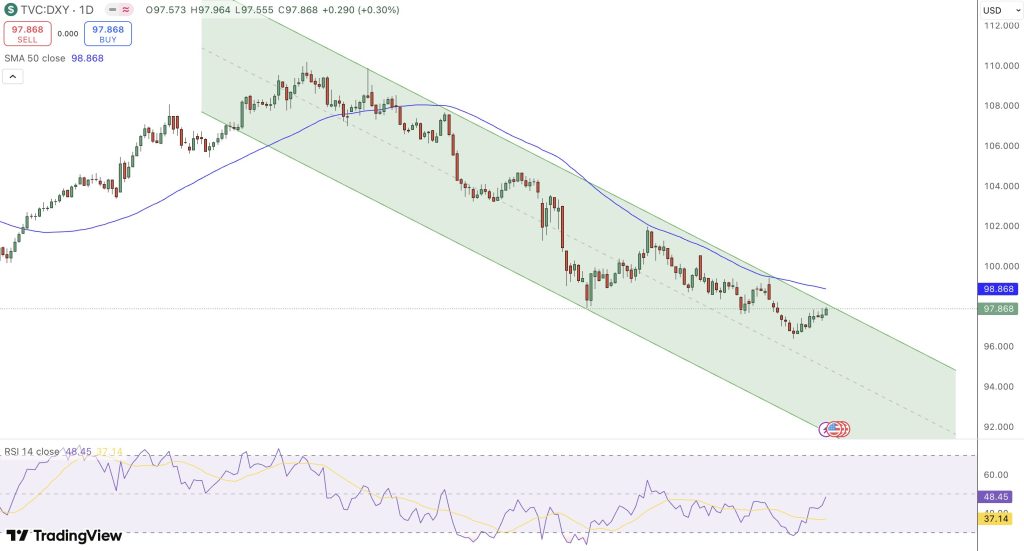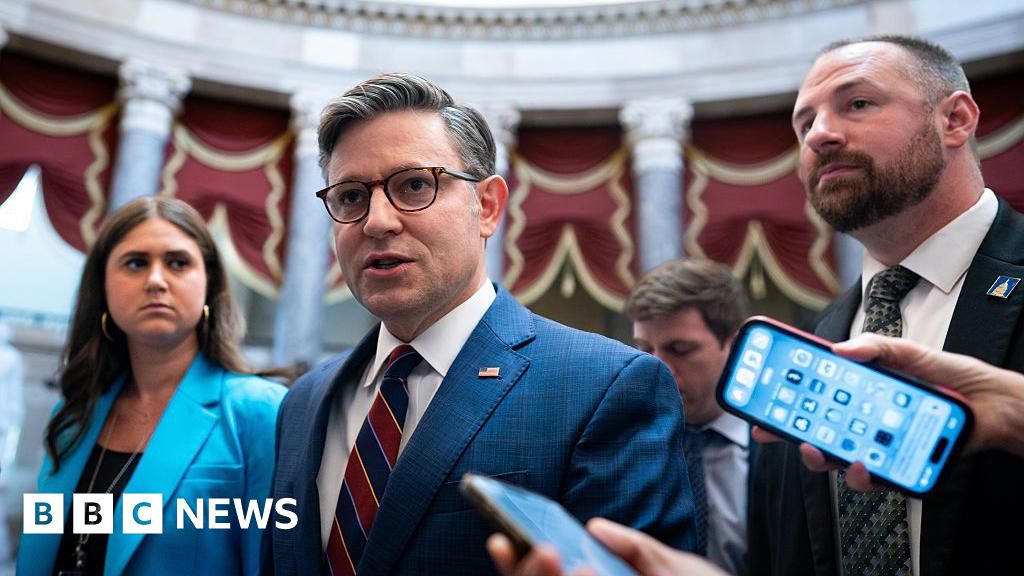Unlock the Editor’s Digest for free
Roula Khalaf, Editor of the FT, selects her favourite stories in this weekly newsletter.
Many UK business leaders are staying away from the Conservative annual conference in Birmingham this autumn after the party was banished to the opposition with a rump of 121 MPs in its worst-ever general election result.
For 14 years the Tory conference has been a magnet for lobbyists, public affairs advisers and corporate executives seeking to influence policy and network at a high level with the main or sole party of government.
But next month’s gathering is set to feel more like a “wake”, according to one senior lobbyist, with delegates mostly focused on the “beauty parade” of candidates to replace Rishi Sunak as leader of the opposition.
Even senior Tory officials are privately pessimistic about corporate figures turning up. “What business gives a damn about engaging with the Conservative party right now? Business day at conference will be a total flop,” said one. The main political parties traditionally dedicate a fixed day of their four-day conferences to business engagement.
Although some business people have already bought tickets to the conference, public affairs advisers said enthusiasm about attending had been minimal since the electoral rout of July 4.
One head of a public affairs company said there was “not much appetite” from his clients to go to the “inward-facing” event, which will take place between September 29 and October 2, although some would appear briefly.
“They’re saying, should we go? To which my answer is: no, because it is just totally pointless,” he said, noting that with 121 MPs compared with 404 for Labour, the Tories’ influence in parliament was very limited.
“There is also the point that we don’t even know who the shadow ministers will be for specific departments yet,” the executive added. “Let’s say you want to meet the shadow minister for net zero, they aren’t in place yet and won’t be until there’s a new leader elected — and that’s after conference.”
A Tory official hit back, saying all the shadow cabinet roles and an almost-full complement of shadow junior ministers had been appointed. They accused the Labour government of dragging its feet over agreeing select committee roles and said this was the reason that not all Conservative front bench roles had been announced.
Another public affairs director said: “My clients just don’t want to be there, although some will show their faces out of habit.”
Adam Jones, a director at Strand Partners, a corporate affairs consultancy, and former government special adviser, said: “The stark new political reality means we’re advising clients to prioritise Labour conference . . . and to only go to Tory conference if there is a specific reason to do so.”
One lobbyist said he had not “bothered” to book a table at the Tory conference business dinner, which usually costs about £10,000.
“On what planet are you spending £10k to sit next to someone who won’t be a minister for five years and possibly not 10 years,” he said. “The first conference after a major election defeat when you’ve been in power for years is always going to feel like a wake.”

A former senior Conservative who now advises business said this year’s conference was “a non-event” for anyone outside the party.
“The parliamentary arithmetic means businesses shouldn’t and won’t care much about engagement,” the person said, adding that the schedule for the leadership contest would “dominate . . . and be a painful navel-gazing exercise”.
James Robinson, a former Labour adviser and founder of public affairs group Woburn Partners, said that while he would not attend in September, it would be a mistake for companies to ignore the opposition in a two-party system.
“Businesses now have an opportunity to help shape the debate about the future of the Tory party and they would be well-advised to identify the MPs who are likely to lead the party when it is next in government,” he said. “The likelihood is many of them will only have been elected last month.”
Some companies had already bought tickets for the business day before Sunak called the election in May, while others had hired venues to host events and are therefore committed to attending. The Conservative party told the Financial Times in April that 85 per cent of commercial space for the conference had already been sold.

Some party officials say a proposal — rejected by Tory MPs — to present the two final leadership candidates at the start of conference and unveil the winner on its final day would have generated more excitement and engagement around the gathering, including from business.
Instead four contenders will appear at the conference and the winner will be announced on November 2.
The party’s depleted Commons ranks meant that about half of its 121 MPs would need to attend business day to match the level of access that companies have enjoyed in previous years, according to one company adviser.
One gloomy Tory grandee said: “This will be the first party conference in about 17 years when it hasn’t looked like we’re getting into power, or are in power. It’s a real shock to the system.”
A Conservative spokesperson said: “The Conservative party conference will be returning in full force this year, including its business day. So far we have already seen significant interest in this, with high demand for tickets and partnerships and a full exhibition hall. Business day partnerships in particular are already significantly up on last year’s conference.”
Credit: Source link











